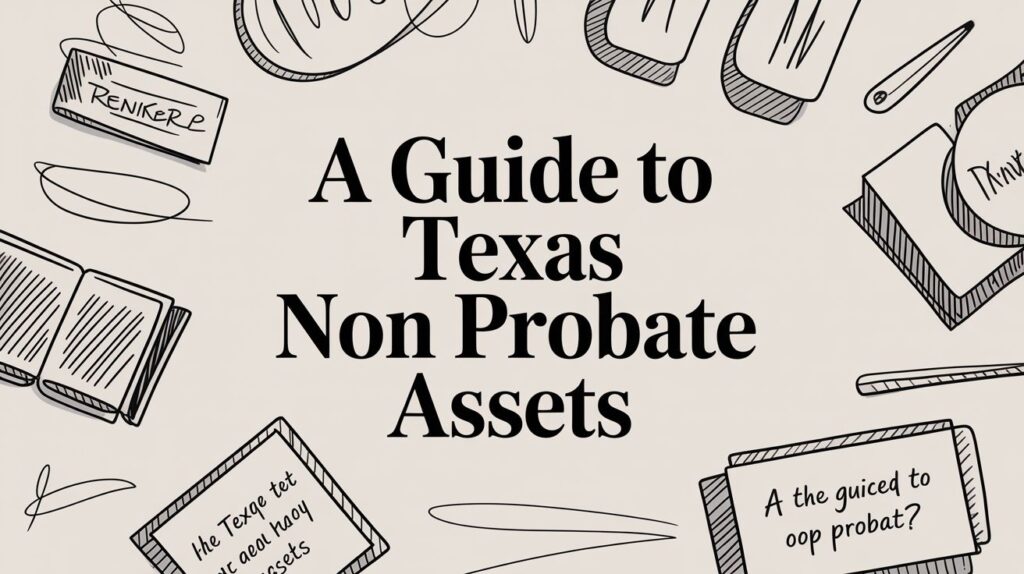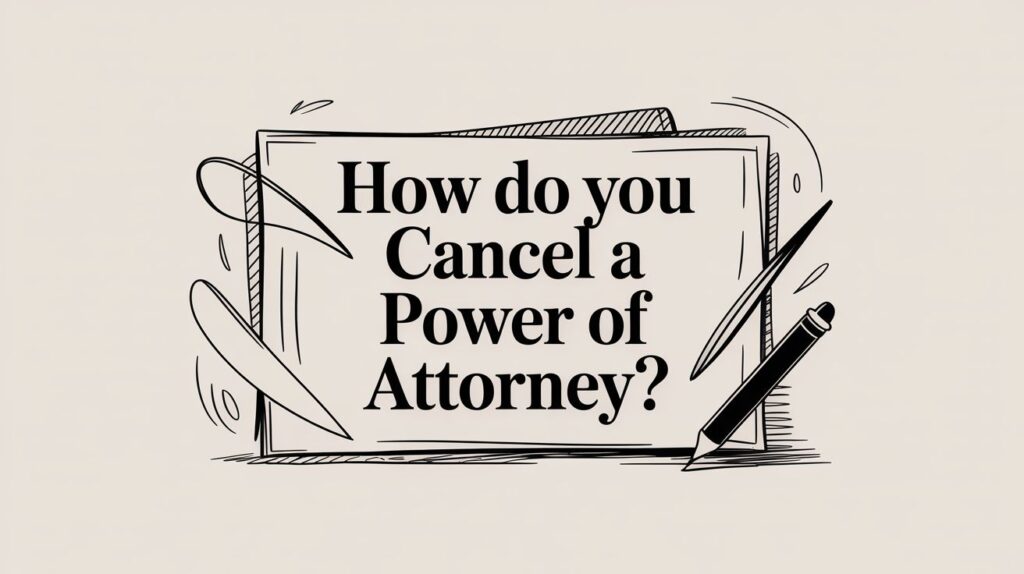When it comes to preparing for the future, there’s one topic many people try to avoid—what happens to your assets when you’re no longer here. The truth is, avoiding the conversation won’t make it go away. Whether you’re planning your estate or trying to understand your loved one’s wishes, it’s essential to know the difference between a trust vs will for asset distribution. Both tools help transfer property after death, but they work in very different ways.
In this guide, we’ll walk through trust vs will for asset distribution explained—with real-life examples, easy-to-understand comparisons, and the legal insights you need to make informed choices. If you’ve ever wondered which one is right for your situation, this article will help you decide with confidence.

Why Asset Distribution Matters
More Than Just Who Gets What
Asset distribution isn’t just about assigning stuff to people. It’s about protecting your loved ones, avoiding conflict, saving time, and minimizing legal headaches. If you don’t have a plan in place, the state gets involved, and that rarely goes the way you’d want.
The debate around trust vs will for asset distribution exists because each method has its own pros and cons. Choosing the right approach means thinking about your goals, your assets, your family dynamics, and even your health. And yes, it means planning for the uncomfortable.
Understanding the Role of a Will in Asset Distribution
The Foundation of Most Estate Plans
A will—formally known as a last will and testament—is a legal document that outlines who should receive your property and assets after your death. It also lets you name guardians for minor children and designate an executor to carry out your wishes.
But here’s the catch: all wills must go through probate, which is a court-supervised process of validating the will and distributing the assets. Probate can be slow, public, and sometimes expensive.
Example: When Carla passed away in Texas with only a will, her estate entered probate. Her children had to wait eight months before they received anything—and part of the estate’s value went to legal fees and court costs.
This is one reason many people explore trust vs will for asset distribution, especially if they want their heirs to avoid probate altogether.
Understanding the Role of a Will in Asset Distribution
A More Flexible and Private Approach
A trust is a legal entity you create to hold assets on behalf of your beneficiaries. You transfer ownership of your property to the trust during your lifetime, and after your death, the assets are managed or distributed by a trustee according to the rules you’ve set.
The most common type is a revocable living trust, which allows you to maintain control over the assets while you’re alive. After you pass, the trust becomes irrevocable, and your trustee takes over.
Trusts avoid probate, remain private, and can offer more control over timing and conditions of inheritance.
Example: Mike created a living trust before his death, naming his daughter as trustee. Within weeks of his passing, she was able to distribute his bank accounts and real estate without ever stepping foot in probate court.
That level of efficiency is one of the top benefits when comparing trust vs will for asset distribution.
Key Differences Between Trusts and Wills
The Breakdown You Need
To really understand the trust vs will for asset distribution debate, it’s important to compare how each option functions on a practical level. A will goes through probate and becomes effective only after death, while a trust becomes active immediately upon creation and does not go through probate. Wills do not allow you to manage assets during your lifetime or provide for incapacity, whereas trusts do both. In terms of privacy, wills become part of the public record through the probate process, while trusts remain confidential. Wills offer limited flexibility when it comes to complex family dynamics, while trusts provide a much higher degree of customization. Finally, while wills are typically cheaper to set up initially, trusts, though more expensive upfront, often save money in the long run by avoiding probate costs and delays.
Real-Life Story: Trust vs Will in Action
Two neighbors, Lisa and Sharon, both passed away within the same year. Lisa had only a will. Sharon had a living trust. Lisa’s kids spent over a year in probate, dealing with lawyers, court filings, and costs that added up to nearly 5% of the estate’s value. Sharon’s children accessed everything in under two months—with no court involvement and minimal expense.
The result? Lisa’s heirs got less and waited longer, even though both estates were about the same size. This true story highlights how crucial it is to understand trust vs will for asset distribution before making a decision.
When a Will Is a Better Fit
Simplicity Isn’t Always Bad
Wills are great for people with:
- Modest assets
- No complicated family dynamics
- Minor children who need a guardian
- A desire to name an executor but not set up a trust
They’re especially useful when your estate doesn’t include property that would go through probate (like joint accounts or beneficiary designations).
Example: If you’re in your 30s, married, and just bought your first home with your spouse, a will may be sufficient for now—especially if all assets are jointly owned or have payable-on-death beneficiaries.
However, as your life and finances grow more complex, revisiting the trust vs will for asset distribution question is wise.

When a Trust Makes More Sense
Control, Privacy, and Flexibility
Trusts are ideal for people who:
- Own real estate in multiple states
- Have minor children or dependents with special needs
- Want to prevent disputes among heirs
- Prefer to keep estate matters private
- Anticipate health decline or incapacity
- Need a plan for asset management during their lifetime
Trusts also allow you to control when and how beneficiaries receive their inheritance. Want your child to get a third of their inheritance at 25, another third at 30, and the rest at 35? A trust can do that. A will can’t.
Example: Richard had a blended family with stepchildren and biological children. His living trust laid out exactly who would receive which assets and when. When he died, there were no fights, no surprises, and no need for a judge to decide anything.
If you want control and clarity, a trust may be the smarter choice when deciding between trust vs will for asset distribution.
Probate: What It Is and Why You Might Want to Avoid It
The Court Process You Didn’t Ask For
Probate is the legal process of validating a will, settling debts, and distributing assets. It sounds reasonable—until you’re in it.
In Texas, probate can be straightforward in some cases, but it often involves:
- Filing fees and court costs
- Attorney fees (which can eat into the estate)
- Public records of your private affairs
- Delays that last months or even years
- Required notice to creditors and heirs
Trusts avoid all of that by keeping things out of court. That’s one of the strongest reasons people opt for a trust when comparing trust vs will for asset distribution.
Taxes and Asset Protection
Do Trusts or Wills Offer Better Protection?
It’s a common myth that trusts automatically reduce estate taxes. In reality,revocable living trusts don’t offer tax benefits on their own. However, they can be combined with tax-planning strategies like credit shelter trusts or irrevocable trusts.
Wills, on the other hand, offer little in the way of asset protection or tax planning. Once your estate enters probate, creditors can make claims, and everything becomes public.
If privacy and asset protection matter to you, especially in higher-value estates, that’s another reason to lean toward a trust.
Understanding these nuances is essential when weighing trust vs will for asset distribution explained thoroughly.

What Happens Without Either?
Intestacy and the State’s Decision
If you die without a will or trust, Texas law decides how your assets are distributed through a process called intestate succession. This often means:
- Your spouse doesn’t automatically get everything
- Stepchildren receive nothing unless adopted
- Assets may go to distant relatives
- The court chooses who administers your estate
- Family members may argue over who gets what
Without a clear plan, your wishes may not be honored. That’s why some plan is always better than no plan.
Even if you’re unsure whether to choose a trust vs will for asset distribution, doing something is always better than doing nothing.
Combining a Trust and a Will
Why You Might Need Both
In many estate plans, attorneys use both a trust and a will to ensure comprehensive coverage. For example, a pour-over will can act as a safety net to transfer any leftover assets into the trust at the time of death.
This combo ensures that:
- Assets outside the trust are still directed properly
- Minor children have guardians named
- Nothing is left to chance or intestate succession
If you’re serious about estate planning, using both tools might give you the balance of simplicity, privacy, and control you need.
This blended approach is often overlooked but extremely useful when exploring trust vs will for asset distribution with full precision.
Cost Considerations: What Should You Expect?
Short-Term vs Long-Term Expense
Wills are generally cheaper to create upfront. You might pay between $200 to $800 for a professionally drafted will. But remember—probate costs can eat up a large portion of your estate later.
Trusts cost more to establish, usually between $1,000 to $3,000 depending on complexity. However, they can save your heirs thousands in legal fees, court costs, and delays.
So while trusts may seem more expensive initially, they often win out in the long run—especially when asset values are high.

Final Thoughts on Trust vs Will for Asset Distribution Explained
When it comes to securing your legacy and protecting your family, there’s no one-size-fits-all solution. Both wills and trusts offer unique advantages. The right choice depends on your personal goals, the complexity of your assets, and how much control and privacy you want after you’re gone.
Wills are simpler, cheaper, and useful in straightforward family setups. Trusts offer more flexibility, better privacy, and a smoother process for your loved ones.
If you’re unsure where to start, speak with an estate planning attorney who can help you weigh the trust vs will for asset distribution options based on your unique situation. Don’t leave your family’s future to chance or the court system. Take the time now to create a plan that protects your wishes, your legacy, and the people you love.








